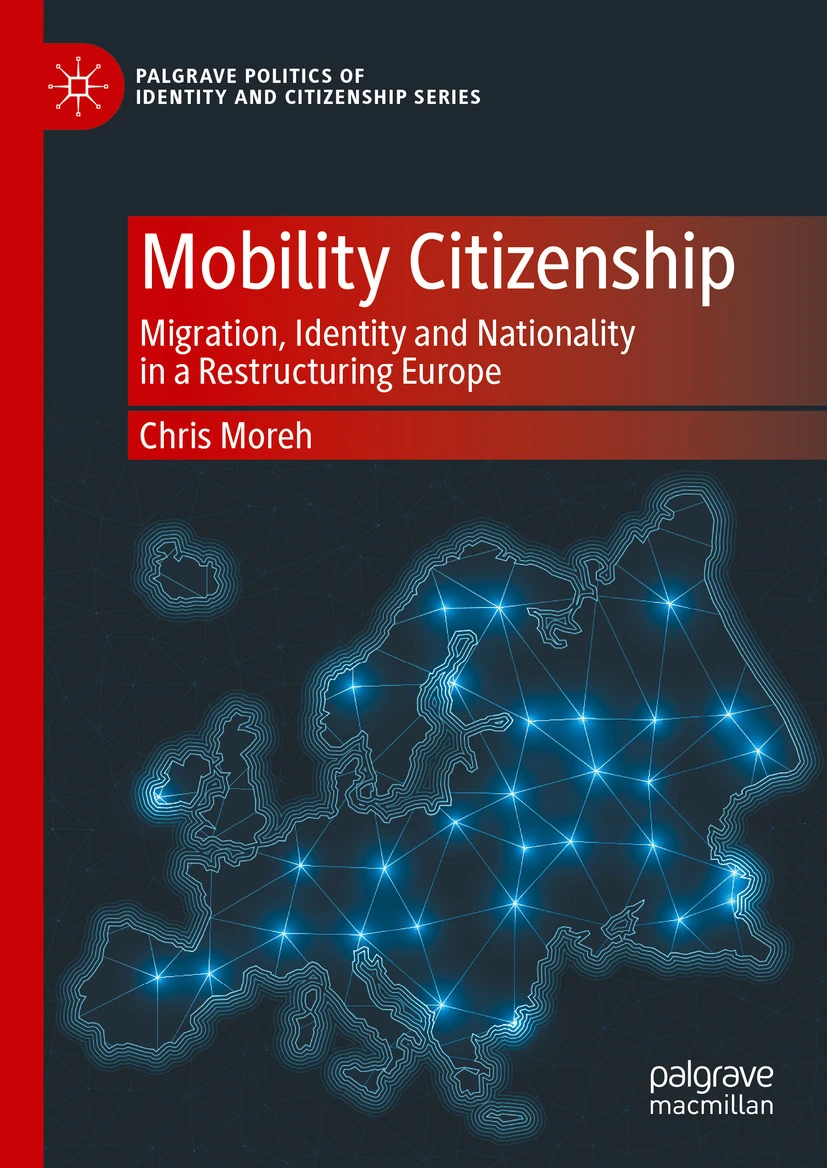A social scientist interested in the political sociology of migration, mobility, ethnicity and nationalism.
My latest …
Project
Book
Article
Transnational Healthcare Preferences Among EU Nationals in the UK
Sociological Research Online, vol. 28, issue 2, pp. 462-481 (2023)
This article explores the motivational factors behind preferences for medical care in the country of residence or the country of origin among EU nationals living in the UK. Undertaking a thematic analysis on a large-N qualitative data set, the article aims to establish a data-driven typology of motivations inductively. This provides an intermediary analysis between qualitative depth and quantitative operationalisability, contributing to the existing literature on healthcare location preferences among transnationally connected social groups. This article finds that preferences for medical care in the country of origin are driven overwhelmingly by quality considerations, while preferences for the UK have more to do with convenience and financing. These perceptions result from negative personal experiences, lack of trust, and often concealed cultural differences, and the analysis identifies various nuances and connections between attitudes that previous in-depth qualitative studies could not systematise.
Post
The Changing Face of Migration in Britain
02 December 2019
The United Kingdom’s immigration and integration system is on the cusp of radical change. The complex patterns of mobility and settlement which had characterised the British migration system for over six decades had begun shifting at the turn of the millennium and within a decade the country’s migration landscape changed dramatically. This change was one of the principal factors contributing to the outcome of the 2016 Referendum on European Union membership, which has triggered an ongoing ‘Brexit’ transition period with yet unsettled legal and political outcomes, but which nevertheless is already affecting the UK’s demography and policy landscape. This article summarises the main changes undergone in the UK's migration system since the second half of the twentieth century.

